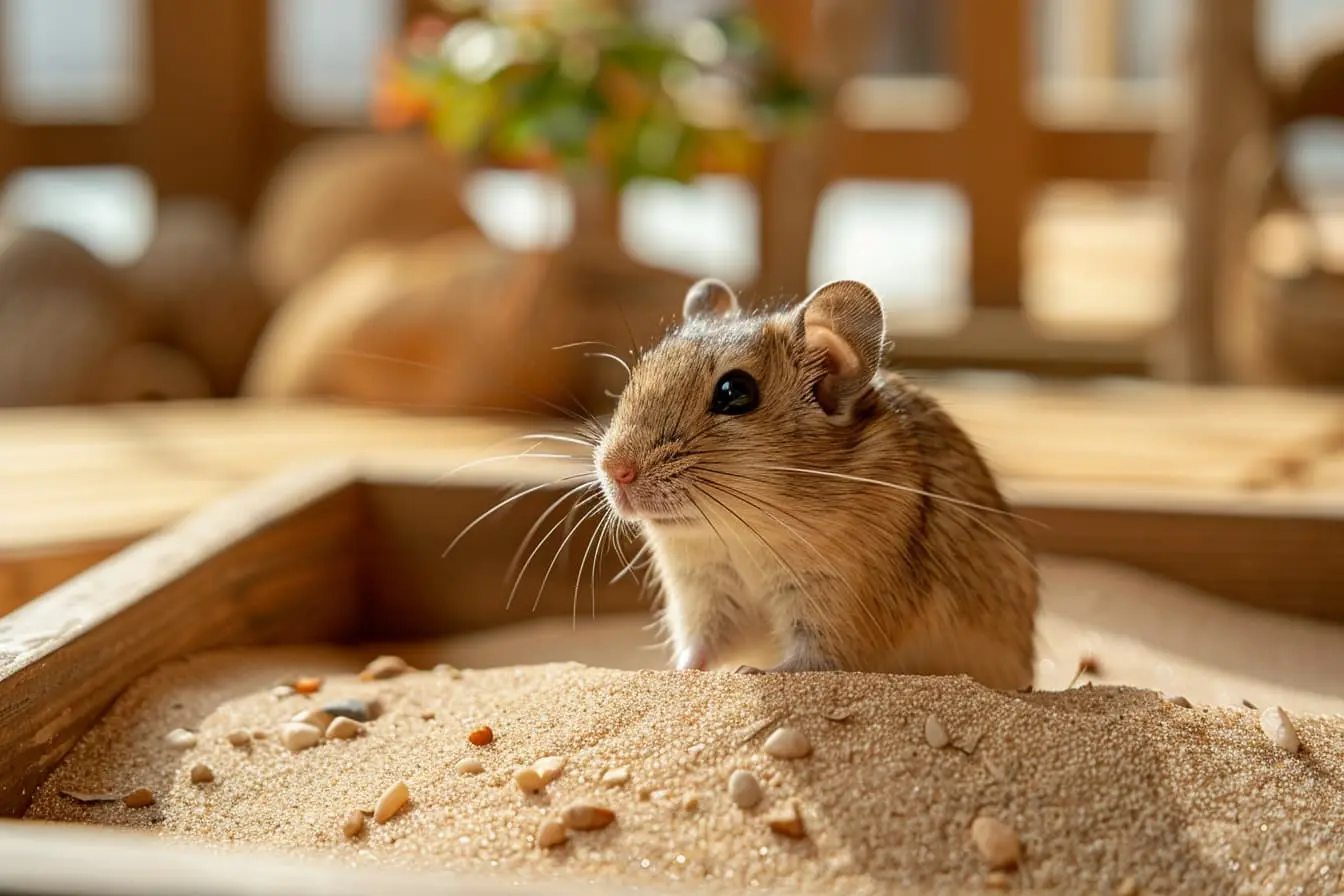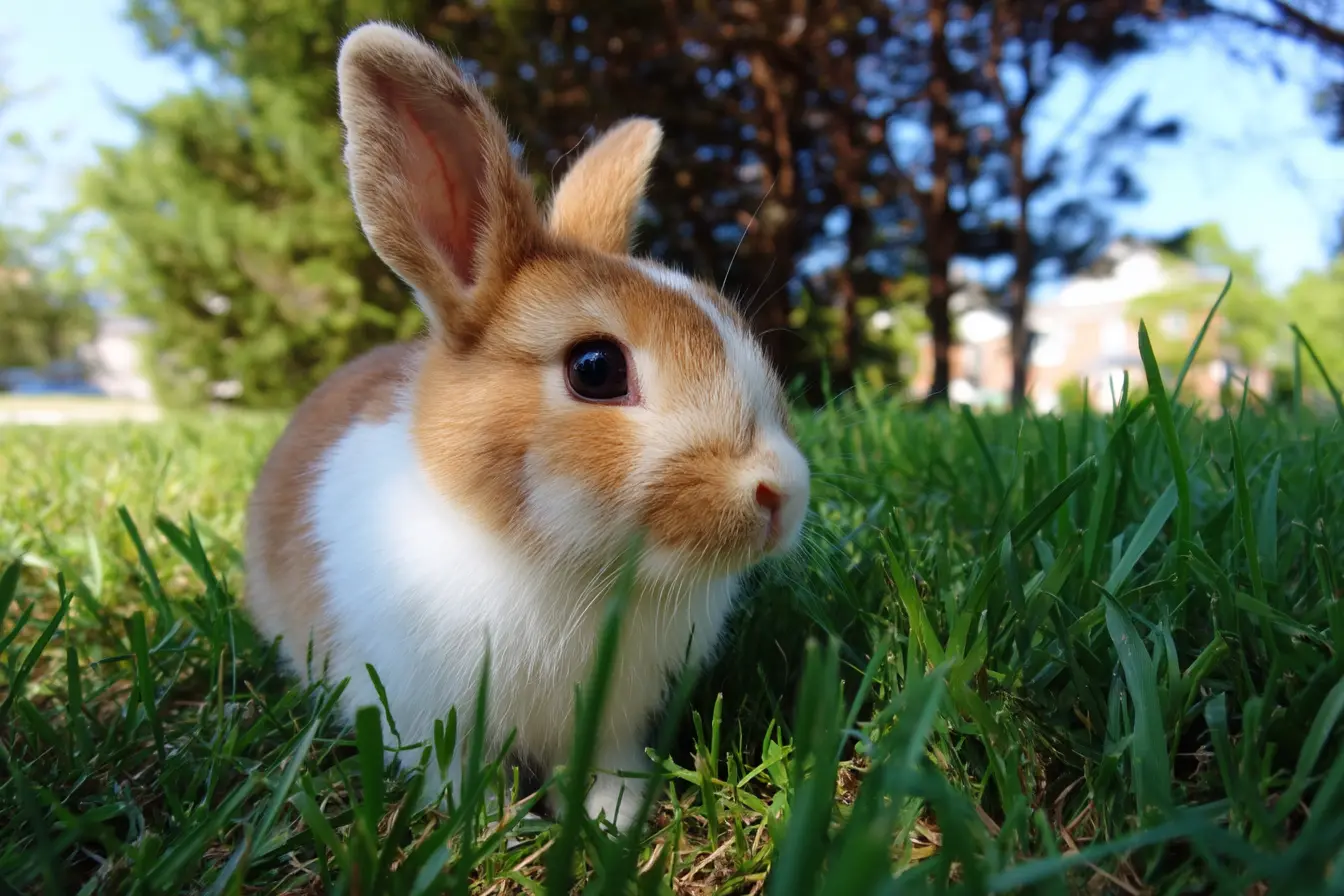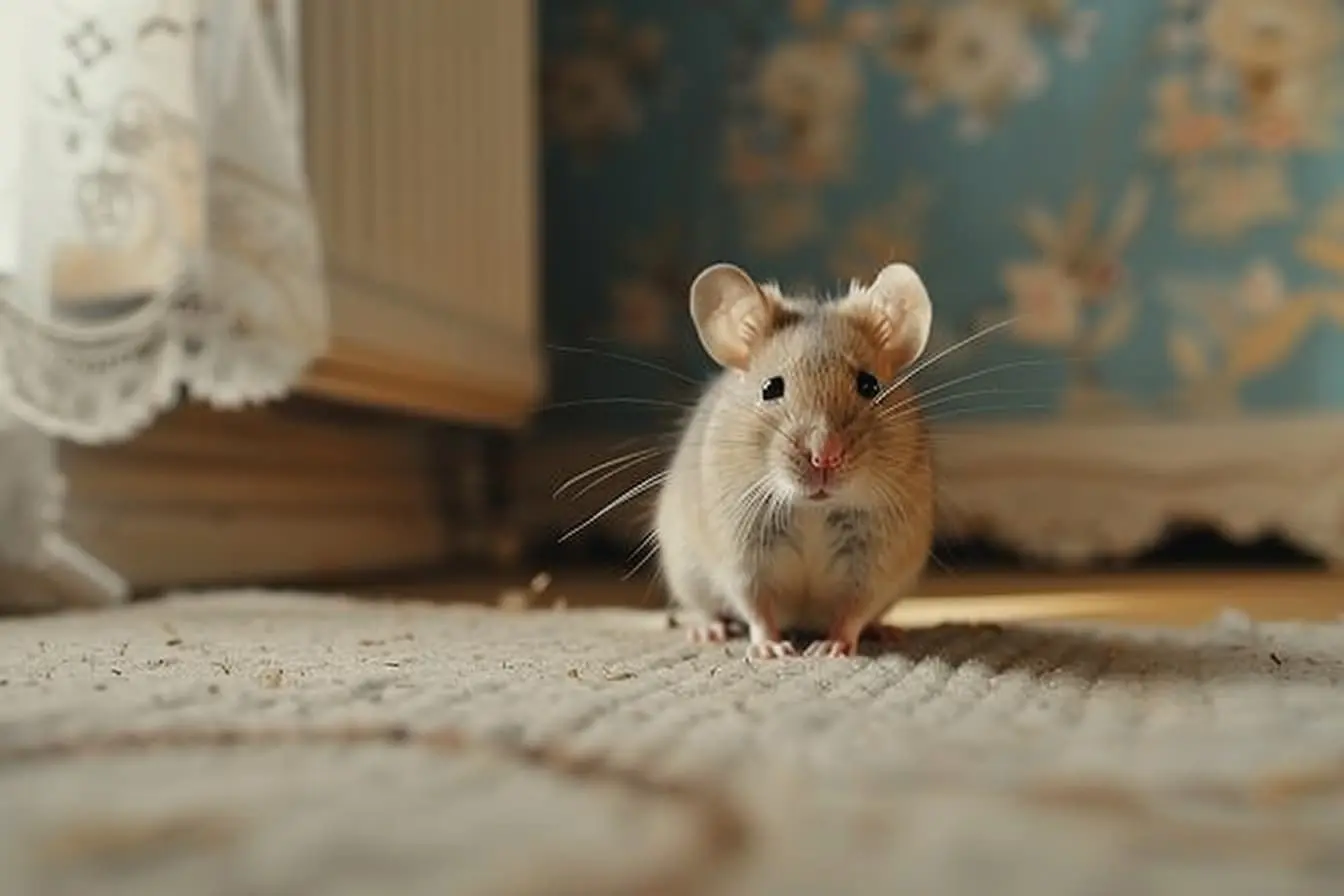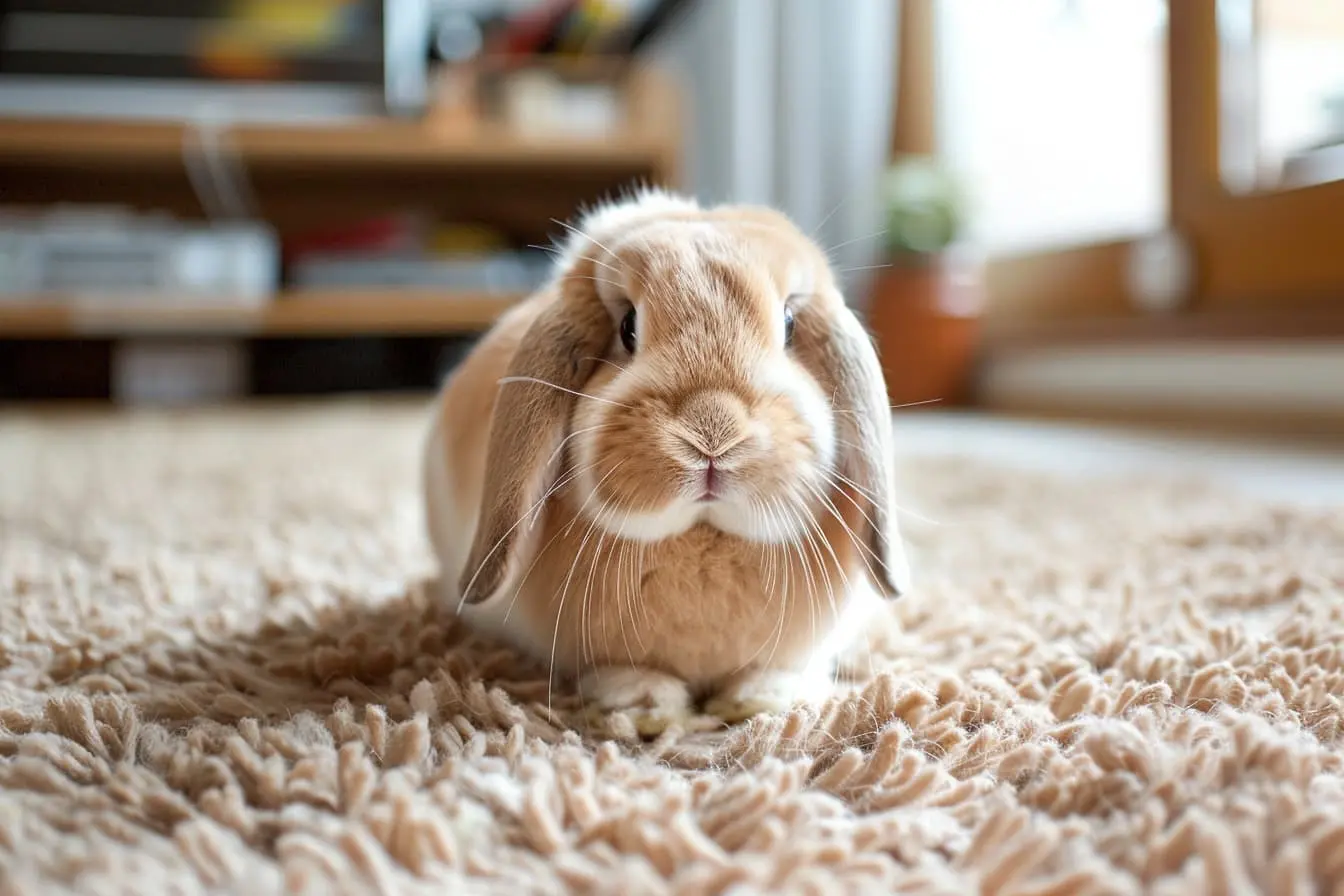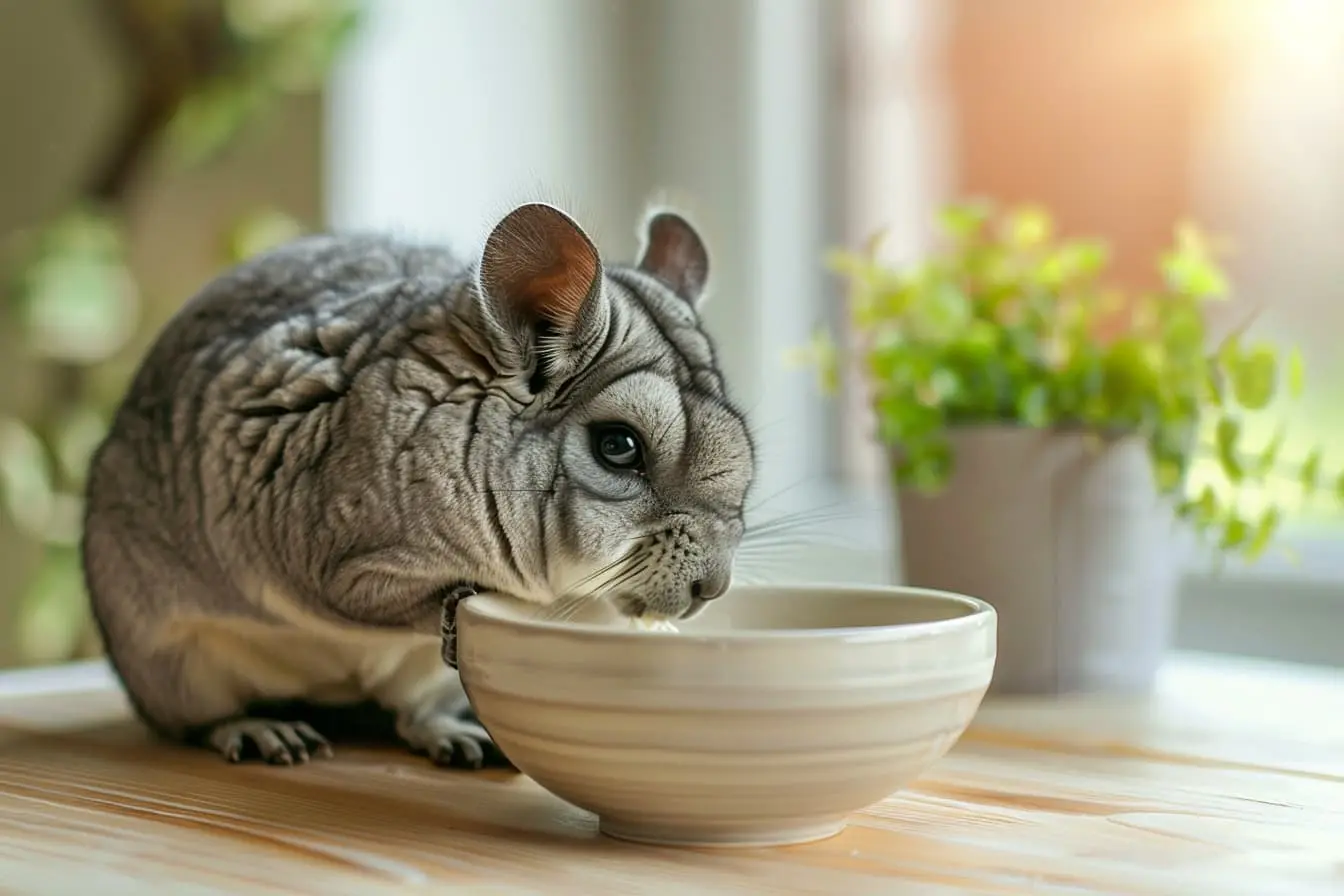
The Essential Feeding Guide for New Chinchilla Owners: Optimal Nutrition for Your Furry Friend
Adopting a chinchilla brings a delightful and fluffy addition to your home. These charming creatures, known for their soft fur and engaging personalities, require specific care, particularly when it comes to their diet. Proper nutrition is crucial for maintaining their health, wellbeing, and longevity. This comprehensive guide is designed to help new chinchilla owners understand the dietary needs of their pet chinchillas, ensuring they thrive under your care.
Understanding Chinchilla Nutrition
Chinchillas are herbivores with a digestive system that is designed to process high-fibre, low-fat, and low-sugar foods. Their diet in the wild primarily consists of grasses, leaves, and herbs. Replicating this diet as closely as possible will help keep your chinchilla healthy and happy.
The Foundation: Hay
Hay is the most crucial component of a chinchilla's diet, providing the necessary fibre for digestive health and aiding in dental wear. Timothy hay is ideal due to its high fibre and low calcium content, which is important to prevent urinary issues. Hay should be available to your chinchilla at all times.
Pellets: A Supplementary Necessity
While hay provides the necessary fibre, chinchilla-specific pellets supply essential vitamins, minerals, and other nutrients. Choose a high-quality, Timothy hay-based pellet without added fruits, nuts, or seeds, which can lead to obesity and other health issues. An adult chinchilla should be fed approximately one to two tablespoons of pellets daily.
Fresh and Dried Vegetables: In Moderation
You can offer small amounts of fresh or dried vegetables as a treat. Suitable options include carrots, sweet potatoes, and leafy greens like kale or romaine lettuce. However, these should be given sparingly (a couple of times a week at most) and in small quantities due to their sugar and moisture content, which can cause digestive issues.
Treats: Choose Wisely
Chinchillas have a sweet tooth, but high sugar foods can lead to health problems. Treats should be given sparingly and consist of healthy options like small pieces of dried apple, banana, or rosehips. Avoid commercial treats high in sugar and artificial ingredients.
Water: Essential for Hydration
Clean, fresh water should be available to your chinchilla at all times. Use a bottle with a metal spout to keep the water clean and ensure it's changed daily to prevent bacterial growth.
Foods to Avoid
Certain foods are harmful to chinchillas and should always be avoided, including:
- Fruits and vegetables high in sugar or moisture
- Nuts and seeds (high in fats)
- Dairy products
- Treats high in sugar or artificial ingredients
- Anything containing chocolate or caffeine
Nutritional Considerations
- Chinchillas are prone to diabetes, so it's essential to maintain a low-sugar diet.
- Calcium to phosphorus ratio is crucial in preventing urinary issues; Timothy hay and high-quality pellets are formulated to meet these needs.
Conclusion
Feeding your chinchilla a balanced diet that mimics what they would eat in the wild is essential for their health. By focusing on high-quality hay, supplemented with specially formulated pellets and the occasional treat, you'll be providing the nutrition they need to lead a long and healthy life. Remember, the key to a happy chinchilla is not just love and attention but also proper nutrition. Welcome to the rewarding journey of chinchilla ownership!
Vets near you
Speciality vets
- Aquatics vet specialists
- Birds vet specialists
- Camelids vet specialists
- Cats vet specialists
- Cattle vet specialists
- Deer vet specialists
- Dogs vet specialists
- Equines vet specialists
- Exotic vet specialists
- Goats vet specialists
- Pigs vet specialists
- Poultry vet specialists
- Sheep vet specialists
- Small Mammals vet specialists
- Wild vet specialists
Vet facilities
- Accessible by public transport
- Blood testing
- Car park nearby
- Client car park
- Dentistry
- Diagnostic imaging
- Disabled public access
- Flea and worm treatments
- Microchipping
- Mobile services
- Neutering
- Open at weekends
- Out-of-hours service
- Referral interests
- Referrals only
- Street parking outside
- Toilets available
- Vaccinations
